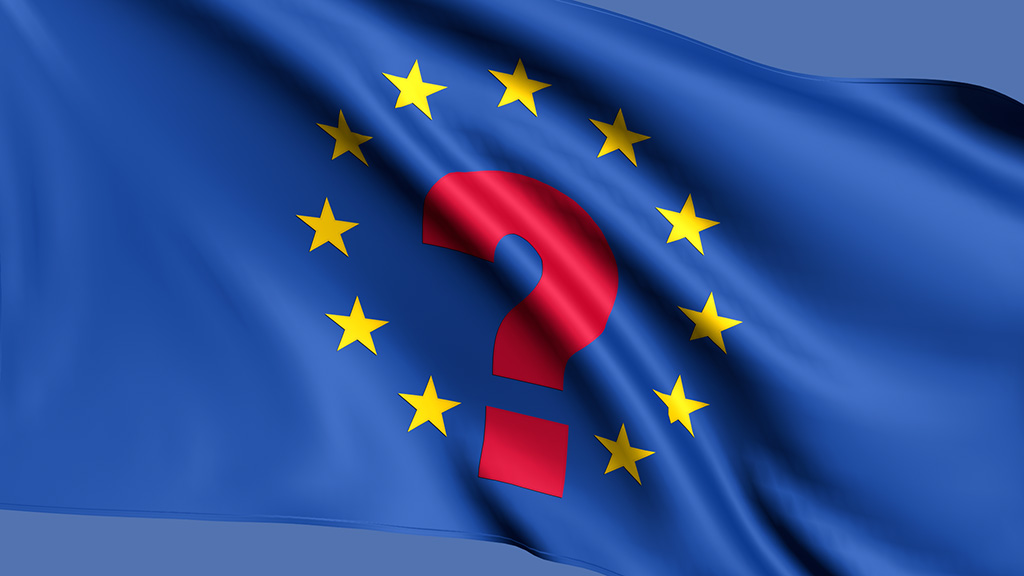With a little over a month to go before the deadline for departing the European Union on 29 March, there is increasing concern about the implications for broadcasters in the event that the United Kingdom were to leave without a withdrawal agreement or transitional arrangements. The United Kingdom communications regulator has published guidance on government amendments to broadcast licensing.
If the United Kingdom government agrees an implementation period with the European Union, it is assumed that arrangements for the broadcasting and on demand sector will remain the same for this period, currently expected to be until December 2020.
That said, there is little in the draft withdrawal agreement that specifically relates to broadcasting.

In the event that there is no deal agreed, and there are no transitional arrangements, the provisions of the Audiovisual Media Services Directive, which provides the basis for the Ofcom broadcast licensing framework and video on demand notification system, would no longer apply to the United Kingdom.
In December 2018, the government laid a statutory instrument before parliament setting out draft legislation for broadcast licensing and video on demand notification after the United Kingdom leaves the European Union.
The Broadcasting (Amendment) (EU Exit) Regulations 2019 make amendments to United Kingdom legislation relating to broadcasting.
While the provisions cover broadcast licensing, they do not address other issues, such as copyright, that are covered by the Audiovisual Media Services Directive.
Ofcom has published guidance on how these licensing and notification arrangements would work in practice in this event.
Any television channel that appears on a designated United Kingdom Electronic Programme Guide, that is a service that consists of the listing or promotion of programmes or programme services and provides access to them, would need to be licensed and regulated in the United Kingdom.
The exceptions to this would be television channels from countries party to the European Convention on Transfrontier Television, or ECTT, as well as the Irish channels TG4, RTÉ1 and RTÉ2.
However, after the United Kingdom leaves the European Union there would be a six-month grace period before a service would be required to be licensed by Ofcom, allowing time for the application and issuing process for the new licences.
Online-only television services would not need to be regulated or licensed in the United Kingdom.
Where television channels based in the United Kingdom are broadcasting to another country that is party to the European Convention on Transfrontier Television they would be regulated under its provisions. That includes many European countries but not Belgium, Denmark, Greece, Ireland, Luxembourg, The Netherlands and Sweden.
Further information is provided in the draft legislation and the guidance published by Ofcom.
